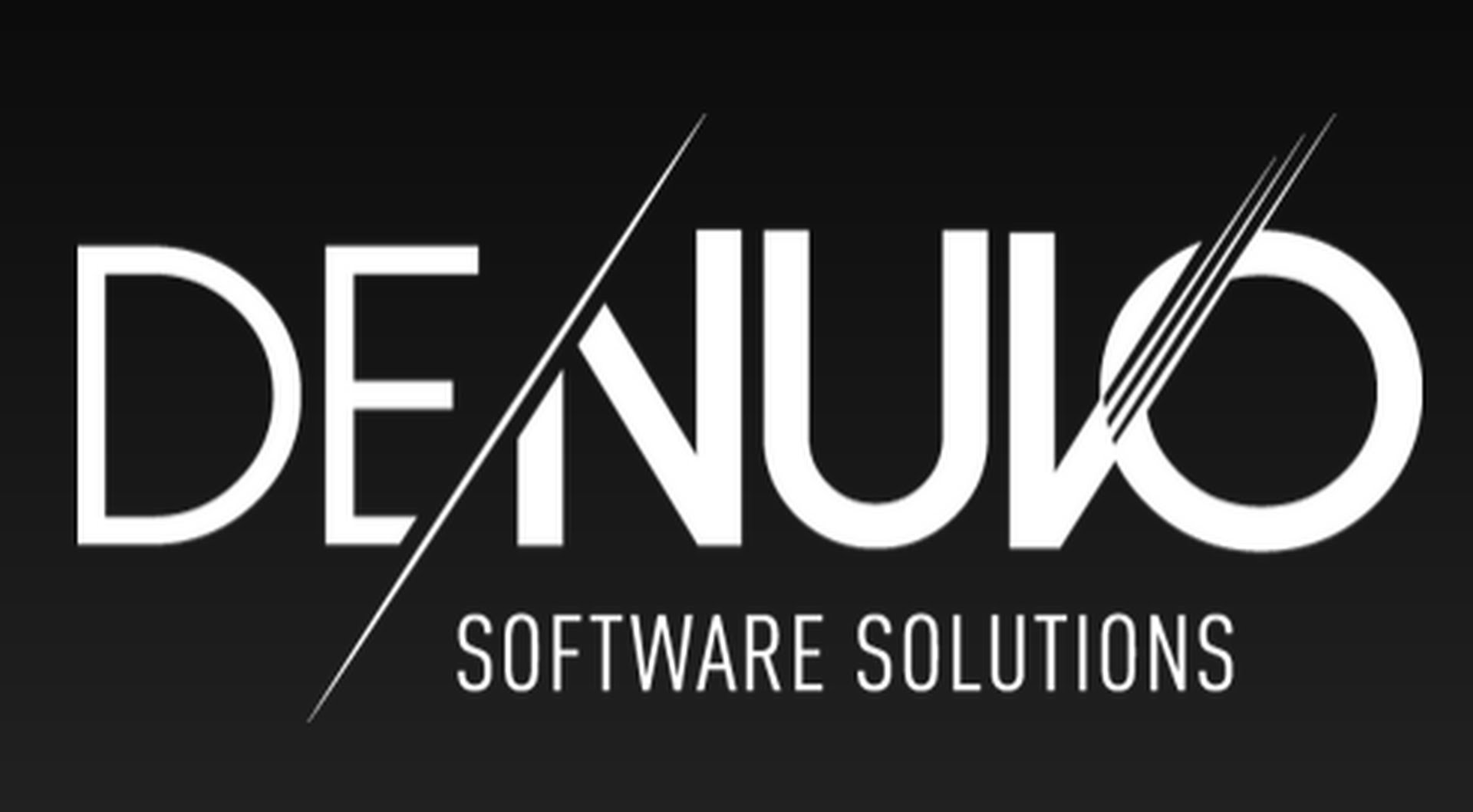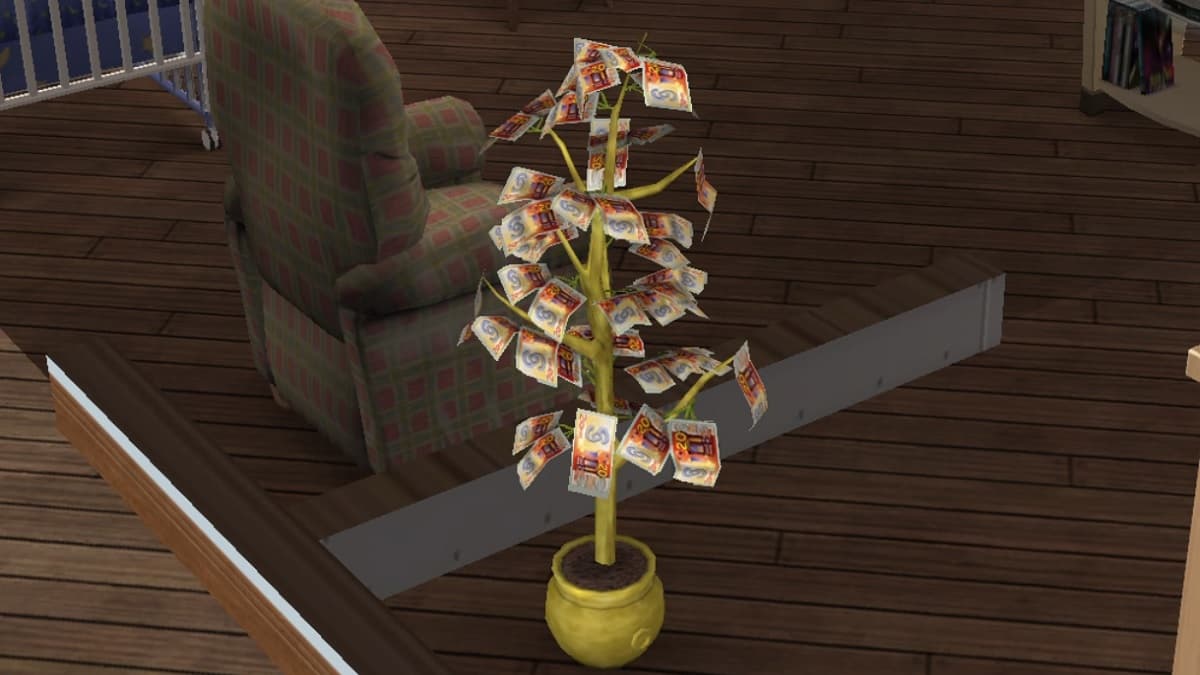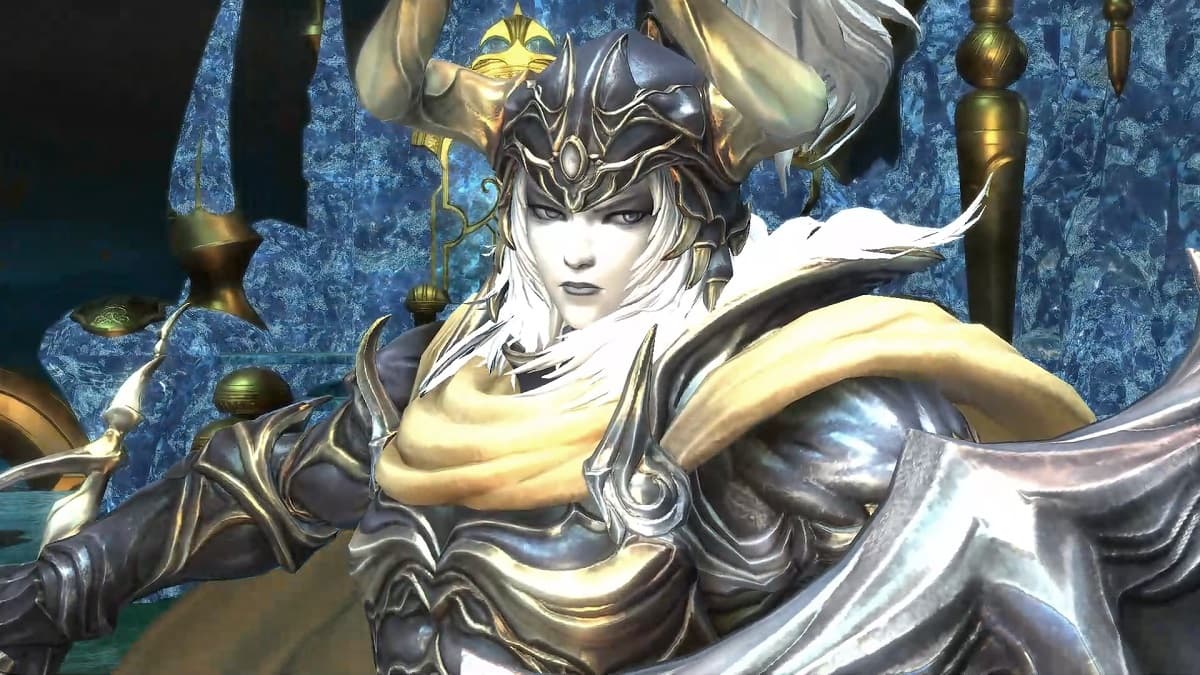Back when Valve first listed Sonic Mania on Steam, the listing gave no mention of the game utilizing Denuvo or any other Digital Rights Management (DRM) save what Steam normally has. Imagine players’ surprise, then, when they found they could not play the game offline as a result of Denuvo requiring it to run online for verification purposes. Players complained to Headcannon, who then passed the complaints along to Sega.
After investigating it, though, Sega said Denuvo wasn’t the cause of the problem, and Denuvo remains part of the game—even though it’s been cracked. Now that Sega announced Sonic Forces will come with Denuvo at launch, players at least have fair warning of what’s ahead–even if that just means they can get their pitchforks ready early.
One may wonder why Denuvo was targeted immediately as the cause of gamers’ misery and what the big deal is with it being included with Forces. The answer? Well, that’s not so easy to say.
What Even Are DRM and Denuvo?
A good majority of gamers go about playing their games in the legitimate way: purchasing and using them within the boundaries set out by the company, whether that be not sharing it so others can access without paying or something along those lines.
However, the pirating community likes to find ways around that. Some cite cost as a reason, some just like the thrill, others believe they should have unlimited rights with their games, and still others only want to try the game as a demo, planning to buy it later if they like it.DRM is meant to keep a pirate from having their way with a game, and Denuvo is supposed to be one of the toughest DRMs around at this point.
What’s the Problem with It?
Yet a large number of players, including those who purchase a game legitimately, claim that DRM, and Denuvo in particular, hamper their enjoyment of the game. The Sonic Mania example is just one among many. Ubisoft’s notorious DRM is another. They didn’t use Denuvo, but for a time, their DRM required players to remain online for the duration of their play session. Any lapse in connection meant the game—and progress—was gone, and there was really no hope for portability or ease of use in that setup.
Then there was RiME. Players loudly complained about Denuvo ruining the experience. The constant pinging that Denuvo performs to verify the game and user was supposedly slowing the game down. However, it was mostly noticeable during loading times, not the game itself, and apart from a few vocal (and coarse) complaints, no one else really seemed to find the game unplayable. Grey Box, like Sega, also found that Denuvo wasn’t the cause of the problems.
More to the point, though, there isn’t any concrete evidence to support either side’s arguments about Denuvo.
Opposing Viewpoints
Those who don’t like DRM don’t care, though, and despite Denuvo allegedly being the best in town, it has been hacked several times. In many cases, developers remove it via update after the cracking anyway, leading to the question of why bother implementing it to begin with.
For big companies, the answer is fairly simple. Developers lose an estimated $74 billion due to piracy, with approximately 2.5 billion pirated games downloaded per year. DRM is a way to try and prevent that loss, and it’s an extra layer of protection alongside Steam’s much lighter and-easier-to-crack DRM that relies on players wanting certain features enough to pay for the game.
Unlike smaller companies, most larger developers, like Sega, have fanbases willing to put up with DRM—or who don’t have a problem with it—in order to play the game. Also, it’s believed that if Denuvo is cracked within a certain timeframe after release, developers may be able to get a refund for it. If that is true, developers have very little to lose from implementing Denuvo and a good bit to gain.
Image via YouTube
Some developers have a different view. Super Meat Boy’s Tommy Refenes argues that DRM hurts developers much more than piracy does and thinks it should no longer be utilized. He says companies should “respect their customers, and they may, in turn, respect your efforts.” (Of course, that argument works in reverse: if players respected developers’ efforts enough, they wouldn’t have to implement DRM). However, it is worth pointing out that smaller companies stand to gain from eschewing DRM for the fact that it draws in more fans, something especially necessary for indie developers without big backing.
It’s not just small developers who promote this new approach to DRM, though. Avalanche Studios echoes Refenes’s argument and cites paying customers inconvenienced by poorly implemented DRM who as the reason why it ultimately harms developers more than it helps them. CD Projekt Red–the developer behind The Witcher—provides a more practical reason for this concept. Not only does it turn players away; it doesn’t protect the game anyway. That’s definitely true of Denuvo as well.
Conclusion
The problem ultimately centers around how well the DRM is implemented. One can hardly fault developers for protecting their material. It’s true that they make plenty of money and are big corporate entities. But it’s a business—and that’s kinda their reason for existing. Denuvo, so far, hasn’t turned out to be as problematic as EA’s or Ubisoft’s disastrous attempts at using DRM, even though some believe otherwise.
However, considering the legitimate problems DRM can cause players, it falls to the developers to ensure they are responsible and reasonable when they do implement DRM, including Denuvo. How that will all play out with Sonic Forces remains to be seen, though hopefully whatever issues there were with Sonic Mania—real or otherwise—have been ironed out. At the very least, players know what to expect, since Sega already announced it for Forces.












Published: Sep 28, 2017 10:49 am